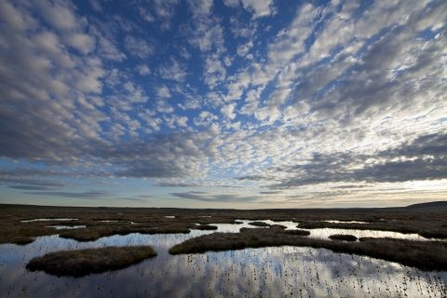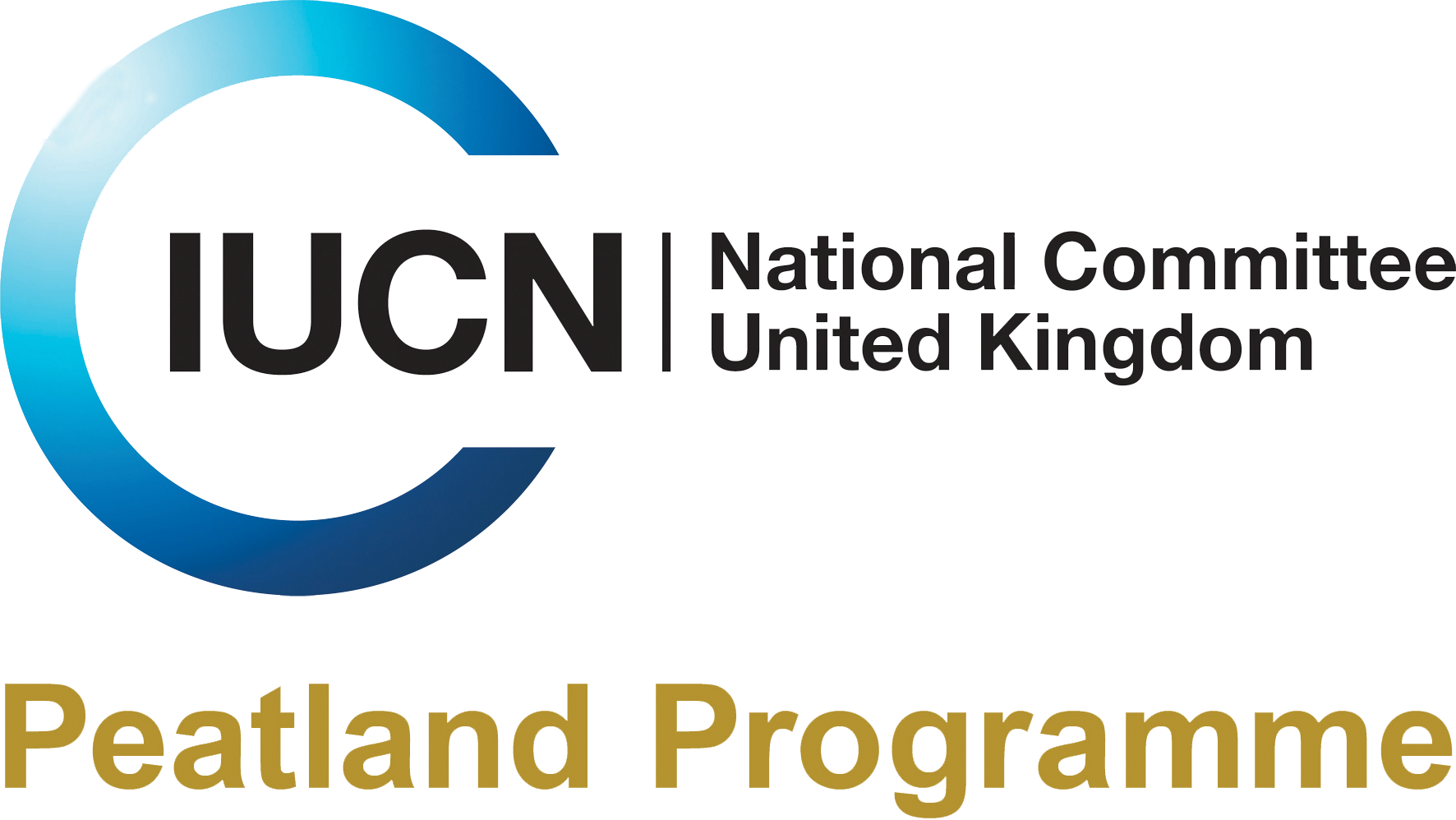The Wildlife Trusts have unveiled a new handbook to help people go peat-free in their gardens and to recognise the importance of peatlands for nature and climate.
The Wildlife Trusts unveil Peat-free Gardening Guide

Blue sky and clouds reflected in a series of pools at Forsinard Flows. Credit Mark Hamblin 2020VISION
Last August, the government announced that the sale of peat compost to amateur gardeners will be banned by 2024. As this is 18 months away, The Wildlife Trusts are urging people to make the switch to peat-free gardening now.
The Wildlife Trusts are disappointed that the ban on commercial use of peat will not happen fully until 2030.
The new handbook, Greener Gardening: Perfecting Peat-Free, which features an introduction from IUCN UK Peatland Programme Director, Emma Hinchliffe, provides tips and tricks for getting the most out of compost, a guide for making compost at home, and information about buying peat-free products.
Peatlands are the UK’s biggest terrestrial carbon-store, as well as providing vital habitat for wildlife. Research by The Wildlife Trusts revealed that extraction for use in horticulture has caused up to 31 million tonnes of CO2 to be released since 1990.

Sundew, Credit Ross Hoddinott 2020VISION
Sara Booth-Card, peatlands campaigner for The Wildlife Trusts, says:
“Buying or making sustainable, peat-free compost is an easy way for gardeners to help nature and the climate. This free guide provides lots of useful information to help people transition to peat-free gardening this year.
“Peatlands have some of the quirkiest plants and animals found in the UK. They include insect devouring plants like sundews, camouflaged golden plover chicks that look like little pom-poms and sphagnum moss that can hold 20 times its own weight in water. UK peatlands store more carbon than all the forests in the UK, France and Germany combined. The nature and climate crises mean we must do some things differently, including gardening without peat.”
The Wildlife Trusts are leading peatland restoration projects across the UK and have restored over 50,000 hectares of peatland in England alone. Working with partners and landowners, there are short term plans to repair a further 20,000 hectares.
Go peat-free and request a free to download copy of The Wildlife Trusts Greener Gardening: Perfecting Peat-Free
